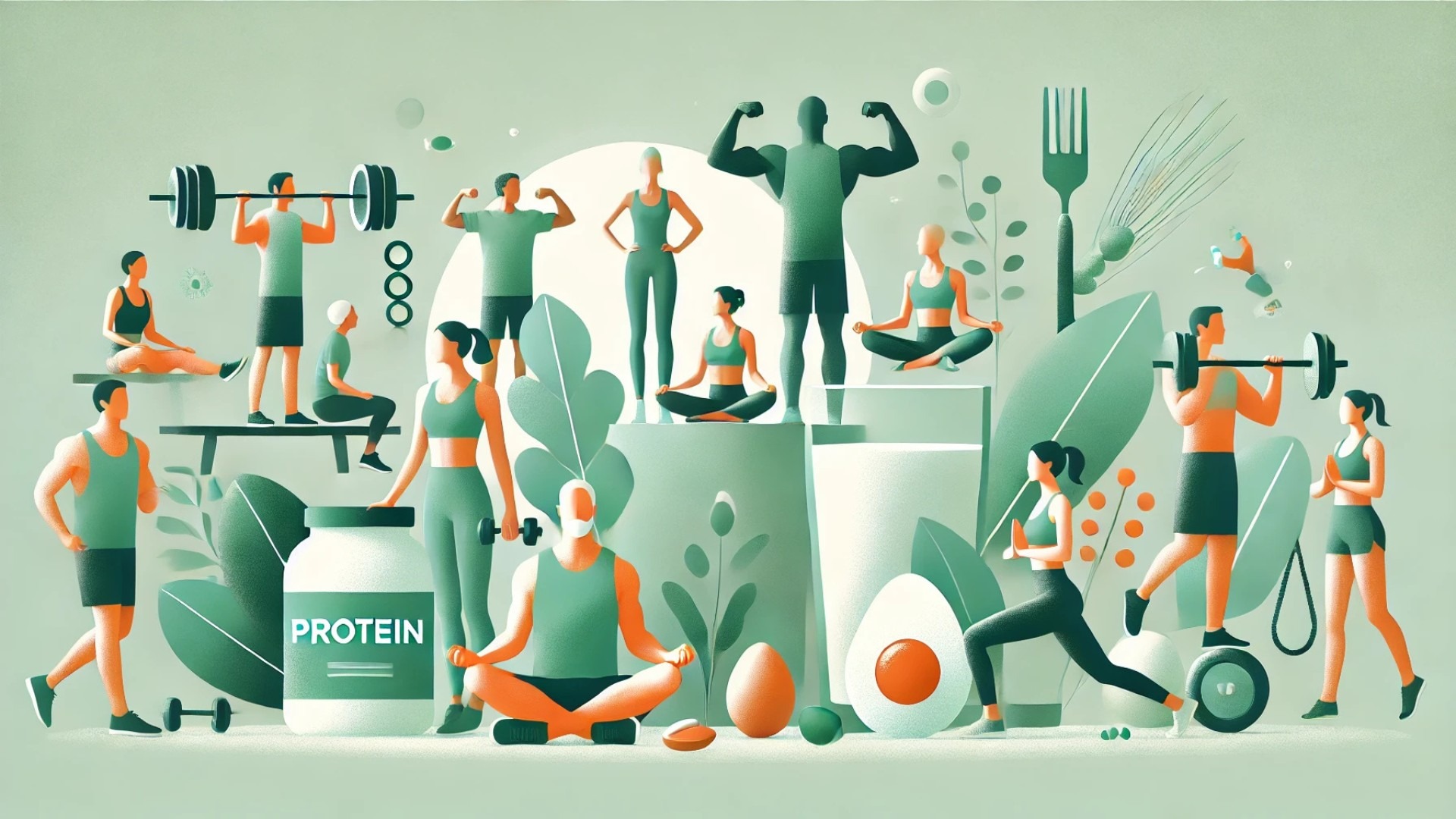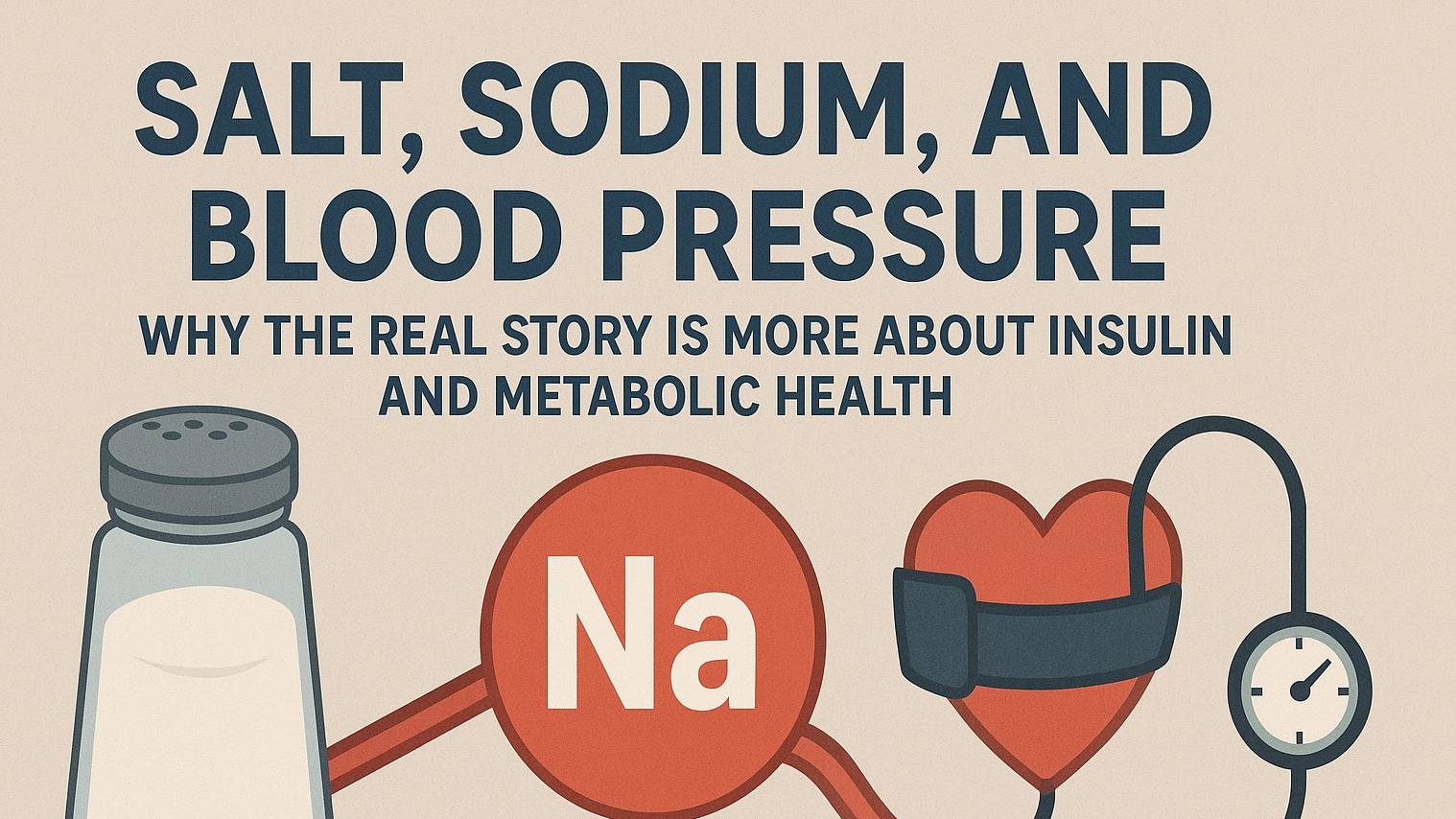
Whether you're aiming to build muscle, burn fat, or just improve your overall health, getting enough protein is crucial. For women, in particular, who may have different dietary needs and fitness goals, understanding how to optimize protein intake can be transformative. But this guide is equally relevant to men, so let’s dive into how and why protein matters, and how to ensure you’re getting enough every day.
Why is Protein Important?
Protein is one of the three essential macronutrients (along with fats and carbohydrates) your body needs to function. It plays a vital role in:
Muscle repair and growth: After workouts, your muscles need protein to rebuild stronger. This is particularly important for women who might be focusing on lean muscle development.
Fat loss: Protein is more satiating than fats or carbs, meaning it can help control hunger and reduce overeating. Increased protein intake can help maintain muscle mass during fat loss, keeping your metabolism high.
Bone health: Contrary to some myths, protein has a positive effect on bone density, which is essential for women, especially as they age.
Hormone regulation: Protein is vital for hormone production, including insulin and estrogen, which regulate metabolism and reproductive health.
How Much Protein Do You Need?
Protein requirements can vary based on age, activity level, and health goals. According to research, here’s a general breakdown of recommended daily protein intake:
For sedentary women and men: About 0.8 grams of protein per kilogram of body weight is enough. For example, a 150-pound (68 kg) woman would need around 55 grams of protein per day.
For active individuals: Those who work out regularly should aim for 1.2 to 2.0 grams of protein per kilogram of body weight. This is especially important if strength training is a major component of your routine. A woman weighing 150 pounds (68 kg) who is strength training may need between 82 and 136 grams of protein daily.
For those aiming to lose fat: Maintaining muscle while burning fat requires a higher protein intake, around 1.5 to 2.2 grams of protein per kilogram of body weight.
For men, the calculations are similar, but women’s protein needs may slightly differ due to variations in muscle mass, metabolic rate, and hormonal differences. However, the principles hold true regardless of gender.
Science-Backed Benefits of Increased Protein Intake
Several studies highlight the benefits of increased protein intake, especially in active individuals:
Muscle growth and maintenance: A 2018 study published in the Journal of the International Society of Sports Nutrition found that consuming 1.6 to 2.2 grams of protein per kilogram of body weight is optimal for muscle gain in both men and women .
Improved metabolism: Protein has a higher thermic effect of food (TEF) than carbs or fats, meaning it requires more energy to digest. This boosts calorie expenditure even when resting.
Reduced hunger: Research in The American Journal of Clinical Nutrition shows that high-protein diets can help reduce appetite, making it easier to control cravings and stick to a calorie deficit .
Hormonal balance: A study in Nutrition Research demonstrated that adequate protein supports the production of hormones like glucagon and ghrelin, which regulate hunger and fullness.
How to Increase Protein Intake Every Day
Start with Protein-Rich Breakfast
Many people skip or skimp on protein at breakfast, opting for carb-heavy choices like cereal or toast. Instead, choose protein-packed options such as:
Greek yogurt or cottage cheese with nuts and seeds
Eggs or tofu scrambled with veggies
Protein smoothies with whey or plant-based protein powder
Add Protein to Every Meal
Ensure that each meal includes a high-quality protein source:
For women: Opt for lean meats like chicken or turkey, fish like salmon or cod, or plant-based options like lentils, chickpeas, and quinoa.
For men: Include similar sources, with the option to increase portion sizes if needed.
Pro tip: Include plant-based proteins like legumes, edamame, and nuts to add variety and fiber to your meals.
Snack Smart
Instead of reaching for sugary snacks, choose protein-packed options to keep you fuller for longer:
Hard-boiled eggs
Protein bars (look for ones with minimal added sugar)
Greek yogurt with chia seeds or almonds
Incorporate Protein Shakes
Protein shakes are an easy and quick way to increase your daily intake, especially after workouts. Research shows that consuming protein within 30 minutes to an hour post-exercise is optimal for muscle repair . Choose high-quality whey or plant-based protein powders and blend them with fruits, veggies, and healthy fats for a well-rounded recovery shake.
Plan Ahead
Meal prepping is an excellent strategy to ensure you have balanced, protein-rich meals ready throughout the week. Cook a batch of lean meat, tofu, or beans and use it in different meals, like salads, wraps, or stir-fries.
Common Myths About Protein (and Why They’re Wrong)
"Too much protein is bad for your kidneys." While individuals with existing kidney issues should monitor their protein intake, healthy people generally have nothing to worry about. Multiple studies show that high protein intake doesn't harm kidney function in healthy individuals .
"You can only absorb 30 grams of protein at a time." This myth has been debunked; your body can effectively utilize protein over time, and eating larger amounts of protein is beneficial for muscle repair after workouts.
Final Thoughts
Whether your goal is to build lean muscle, lose fat, or simply stay healthy, increasing your protein intake can offer a wide range of benefits. It’s important to focus on high-quality protein sources and spread your intake throughout the day. For women, the emphasis on maintaining muscle mass, balancing hormones, and promoting fat loss makes protein intake a particularly valuable dietary consideration. And men, too, can benefit from these protein-boosting strategies.
Making protein a priority can help you stay stronger, leaner, and healthier for the long term.
 Add Row
Add Row  Add
Add 










Write A Comment